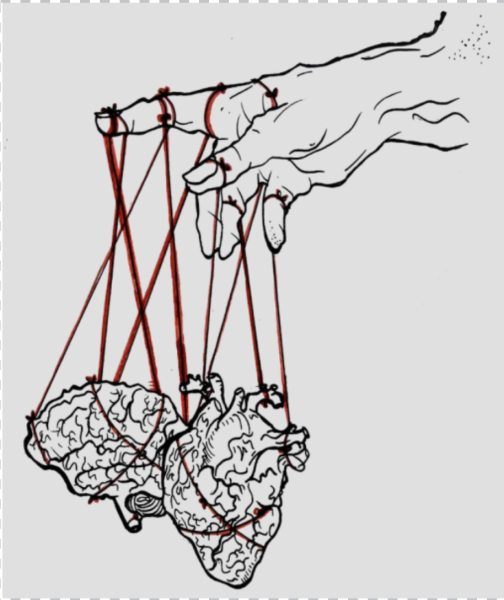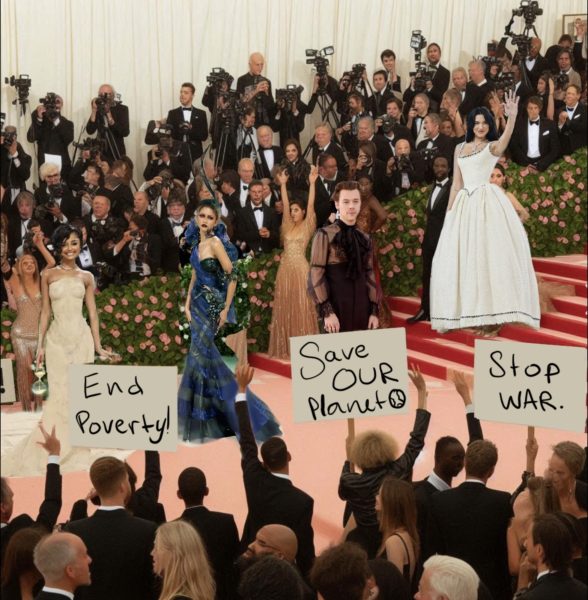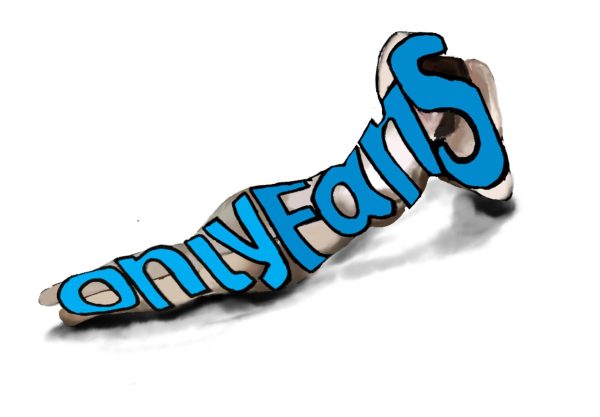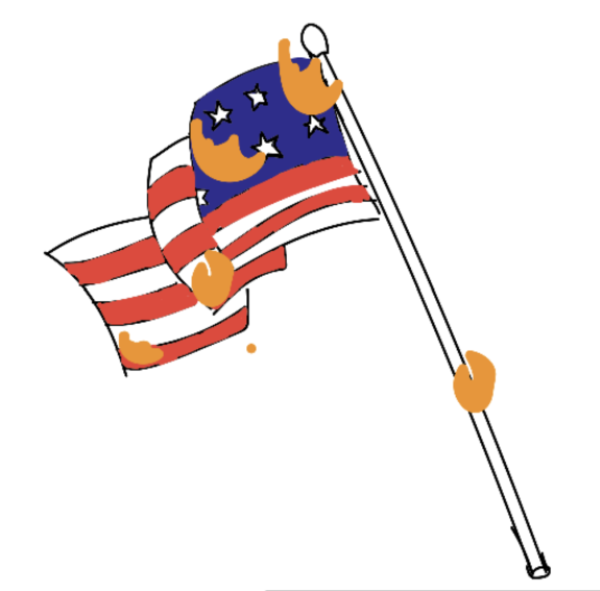When the Canon Misfires
Scott Fitzgerald, John Steinbeck, William Shakespeare: all great writers, right? Maybe not. The most important and influential works in literature are a part of what we call the western literary canon. Examples of literature include well known classics such as ‘The Great Gatsby’, ‘Pride and Prejudice’, ‘The Odyssey’ and ‘Macbeth’. Across Europe, many of these works of the literary canon are taught in the English curriculum. However, you may ask, why is this significant? Of course these works of literature wouldn’t be so famous and appreciated if they weren’t worthy, right? Many people do enjoy reading these books, although they may not be all that but maybe, we should be looking outside the canon for literature to read.
If you look at these works within the literary canon, one main thing can be observed: most of them were written by white men. This creates the problem of lack of representation. They usually lack the representation of women and minority groups. For example, ‘The Great Gatsby’ is written by a white man and it is about a white man. There is no diversity of race, gender or class.
But then that leads us to the question: isn’t it the author’s choice to make their work diverse? Well yes, authors aren’t required to have diversity within their books. They have the right to choose if it will be diverse or not and while something may be diverse for a certain author, it may not be for another. Moreover, a book doesn’t have to have diverse representation for it to be a good book. What is important though, is that we acknowledge that within the curriculum these books are not as diverse in their representation as they could be and it is up to us to ensure that books with more representation are also included in the curriculum. By having representation in the material that students study at school, it will more easily normalise different aspects of diversity or even educate about different cultures.
There is also a difference between a book lacking representation or an author of a book being problematic. Many of us grew up with the Harry Potter books close to our hearts and it for sure was a shock to find out that the author of our beloved series has made some statements that can be perceived as transphobic, such as when she tweeted “If sex isn’t real, there’s no same-sex attraction. If sex isn’t real, the lived reality of women globally is erased. I know and love trans people, but erasing the concept of sex removes the ability of many to meaningfully discuss their lives.” Some other examples of problematic authors include James Dashner who has been accused of sexual harassment and Roald Dahl who has shown anti-semitism, racism and misogyny. Additionally, in the popular book series ‘Twilight’, Stephanie Meyer misrepresented Quileute culture, changing certain aspects to fit into her story. Therefore, is it alright to still read and enjoy these books that are problematic or have a problematic author? The answer to this question is controversial as some people would argue that you shouldn’t read these books while others would argue otherwise since they can display harmful perspectives and teach the wrong views. In my opinion, it is alright to read and even like these books, however, as mentioned before, when reading them we should make sure to acknowledge these problematic aspects and not base our opinions entirely on how the authors of these problematic books represent certain things.
Many works of literature lack representation or will alway be problematic to some people. But with awareness of the issues, it is okay to still enjoy them purely for the stories they tell.
Hey, I’m Petra, a Year 12 student. I enjoy writing articles for the High about any topics that interest me. I really love reading fantasy books, or just...






